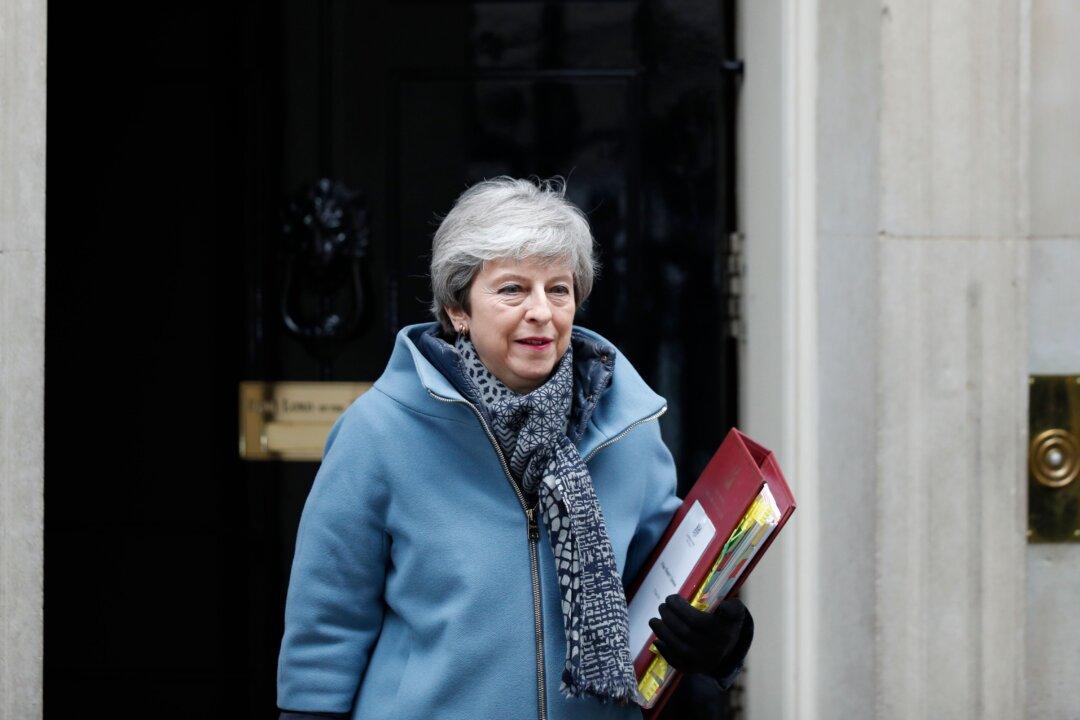French President Emmanuel Macron has ordered his prime minister to hold talks with political leaders and protesters after riots turned central Paris into a battle zone.
The unrest began as a protest against rising fuel taxes, but has become the biggest challenge Macron has had to face as president, with the depth of anger over his financial reforms catching him off-guard.




